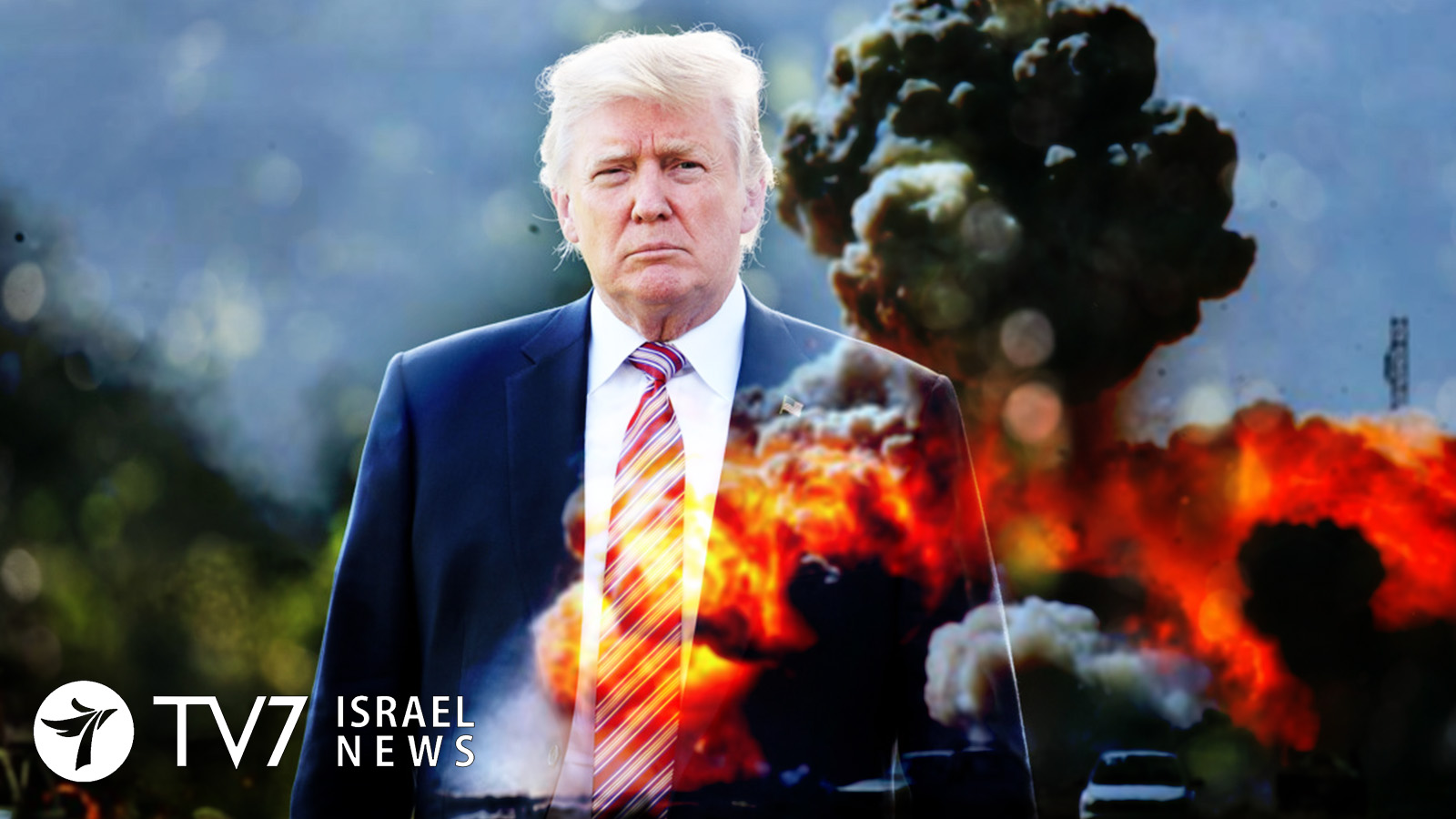Saudi Arabia accused Iran of seeking to destabilize the Middle East, after responsibility for last week’s sabotage of four oil vessels at the UAE port of Fujairah was attributed to Iranian-backed militias. Saudi Foreign Minister Adel al-Jubeir insisted in a press briefing that while Riyadh does not want to see a regional war break out, it would have choice other than respond to Iranian acts of aggression.
Meanwhile in the Arabian Sea, the United States sought to reassure its regional partners of its resolve to counter “growing Iranian threats.” According to a statement released by the U.S. Navy, the recently deployed U.S.S. Abraham Lincoln Strike Group, together with the Kearsarge Amphibious Ready Group and the 22nd Marine Expeditionary Unit, “conducted numerous joint training evolutions designed to improve operational tactics in several warfare areas.” In addition to the written statement, the U.S. Navy released a video purporting to show footage of the drill.
Turning to Washington, where U.S. President Donald Trump responded to numerous Iranian threats voiced over the weekend. In a blatant warning directed toward the Ayatollah regime, the American leader wrote on his twitter account: “If Iran wants to fight, that will be the official end of Iran,” while cautioning Tehran to “Never threaten the United States again.” Trump’s tweet comes in response to a series of menacing remarks by top Iranian officials. Defense Minister Amir Hatami labeled Washington’s economic pressure campaign as nothing short of a declaration of war; going on to vow ‘the Islamic Republic will defeat its enemies,’ to whom he referred as “the American-Zionist front.”
